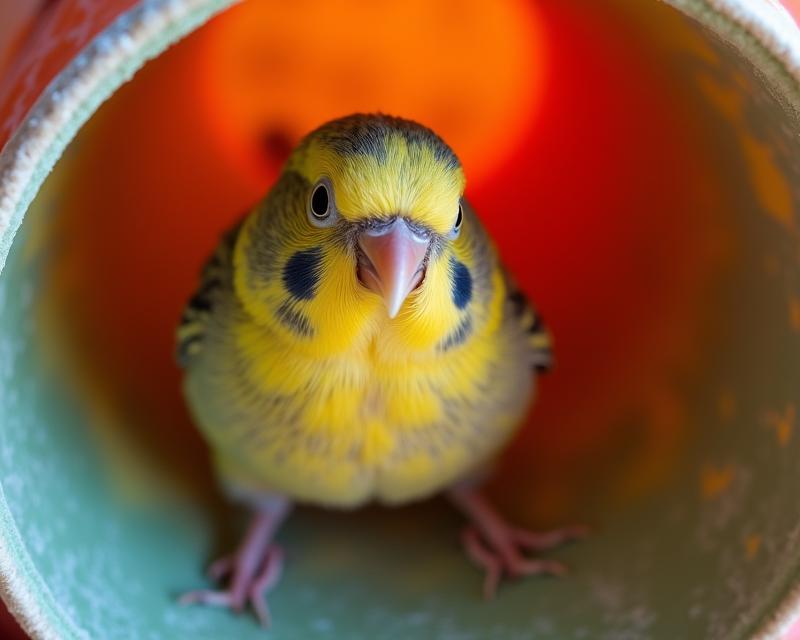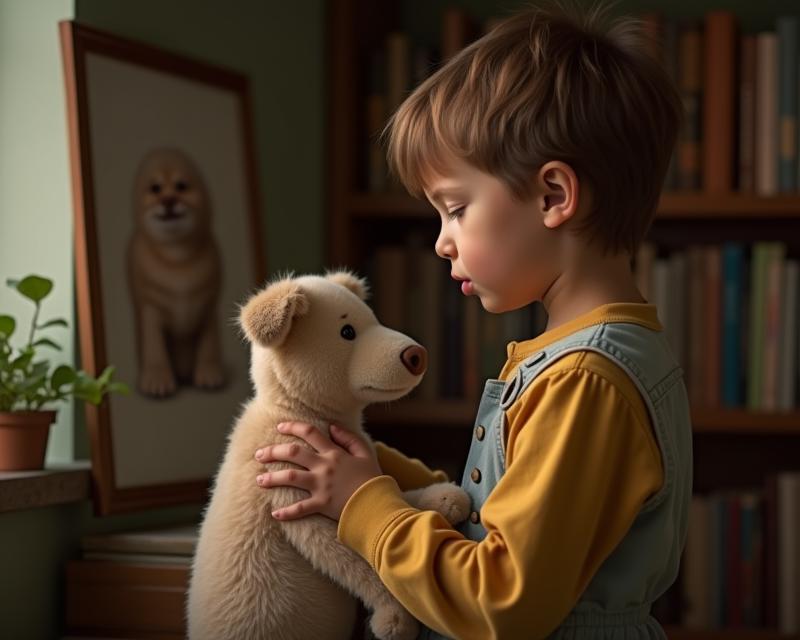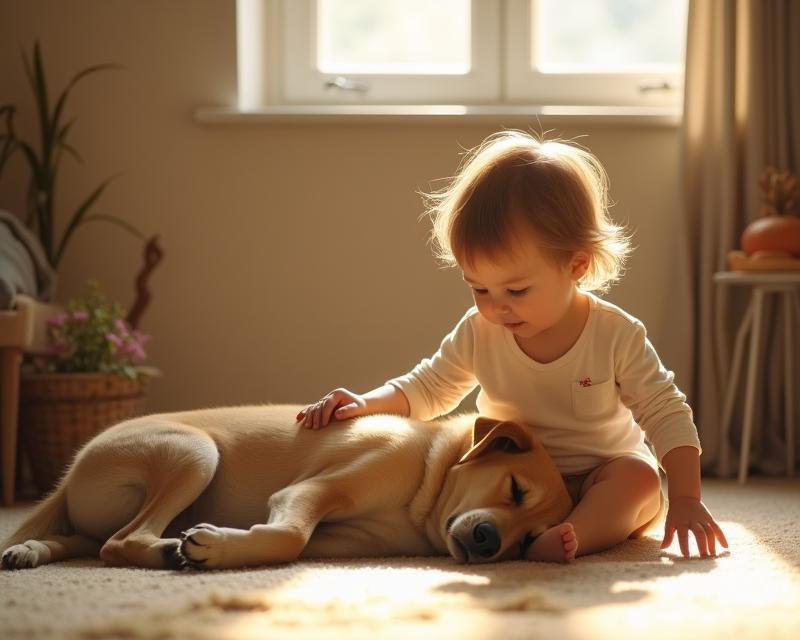Senior Canary Care: Signs of Aging
Publish in General Care el 28/06/2025 19:14
Is Your Canary Showing Its Age?
Our feathered friends bring so much joy to our lives! As loving pet owners, we want to ensure our canaries live long, happy, and healthy lives. Just like us, canaries experience aging. Recognizing the signs of aging in your canary allows you to provide the best possible care and comfort during their golden years. It's a natural part of life, and understanding it helps you be a proactive and attentive caregiver.

What to Look For
Several subtle changes can indicate that your canary is entering its senior years. One of the most noticeable is a decrease in activity. You might observe your canary moving slower, spending more time resting, and engaging in less energetic behaviors like singing or hopping around. They might not be as quick to respond to your presence or favorite toys.
Another common sign is changes in their plumage. You might notice their feathers becoming duller, or even developing graying around the face, beak, or wings – similar to how humans get gray hair! Feather quality can also decline, becoming brittle or ruffled. These changes are perfectly normal as a canary ages. It's important to remember that each canary is unique, and the progression of aging can vary.
Providing Comfort and Support
As your canary ages, providing a comfortable and supportive environment is crucial. Ensure their cage is easily accessible, with perches at varying heights that are easy for them to navigate. A shallow water dish is also important, as they may have difficulty reaching deeper water. Consider providing softer bedding to cushion their feet and joints.
Diet plays a vital role in senior canary care. Offer a high-quality canary seed mix supplemented with fresh fruits and vegetables. Soft foods like cooked sweet potato or finely chopped greens can be easier for older birds to digest. Always provide fresh, clean water. Regular check-ups with an avian veterinarian are also essential to monitor their overall health and address any age-related concerns. A vet can help with things like weight management and ensure they aren't developing any underlying health issues.
Enjoying Their Golden Years
While aging can bring changes, it doesn't diminish the love and companionship your canary offers. Focus on providing a calm, enriching environment and cherishing the time you have together. Continue to offer gentle interaction and observe their individual preferences. With a little extra care and understanding, you can help your senior canary enjoy a comfortable and fulfilling life in their cat tunnel or playhouse, and beyond!





